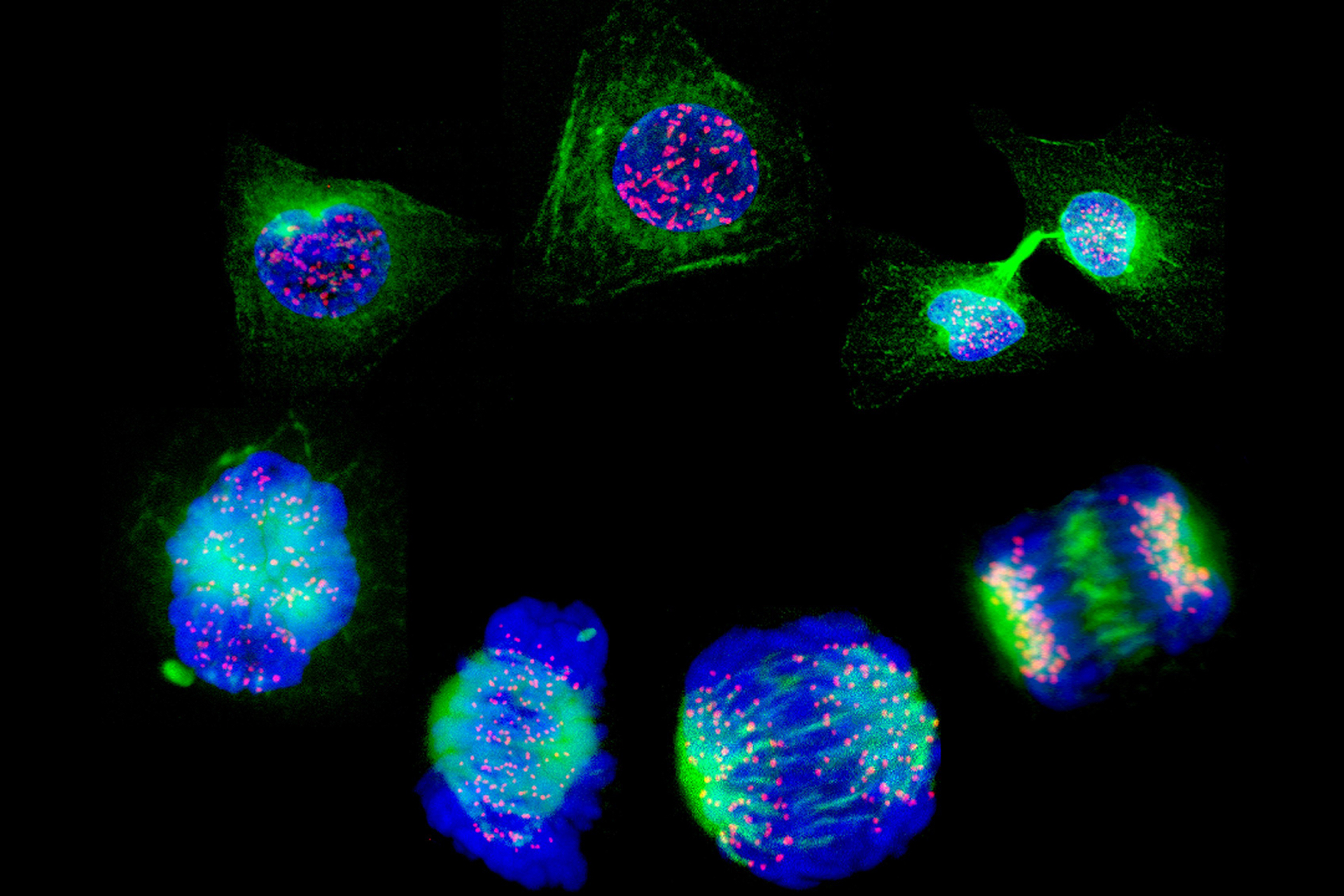Scientists at the Max Delbrück Centre for Molecular Medicine in Berlin, Germany, have used the CRISPR/Cas9 genome-editing approach to correct hereditary genetic defects in immune cells of mice.
In addition, they used blood samples from two children with different defective genes to test whether the approach could also work in humans.
Publishing their findings in Science Immunology, the scientists hope that this novel method could be developed as a new therapeutic strategy for Familial Hemophagocytic Lymphohistiocytosis, a rare and often fatal disease of the immune system.
Read more in Interesting Engineering.


